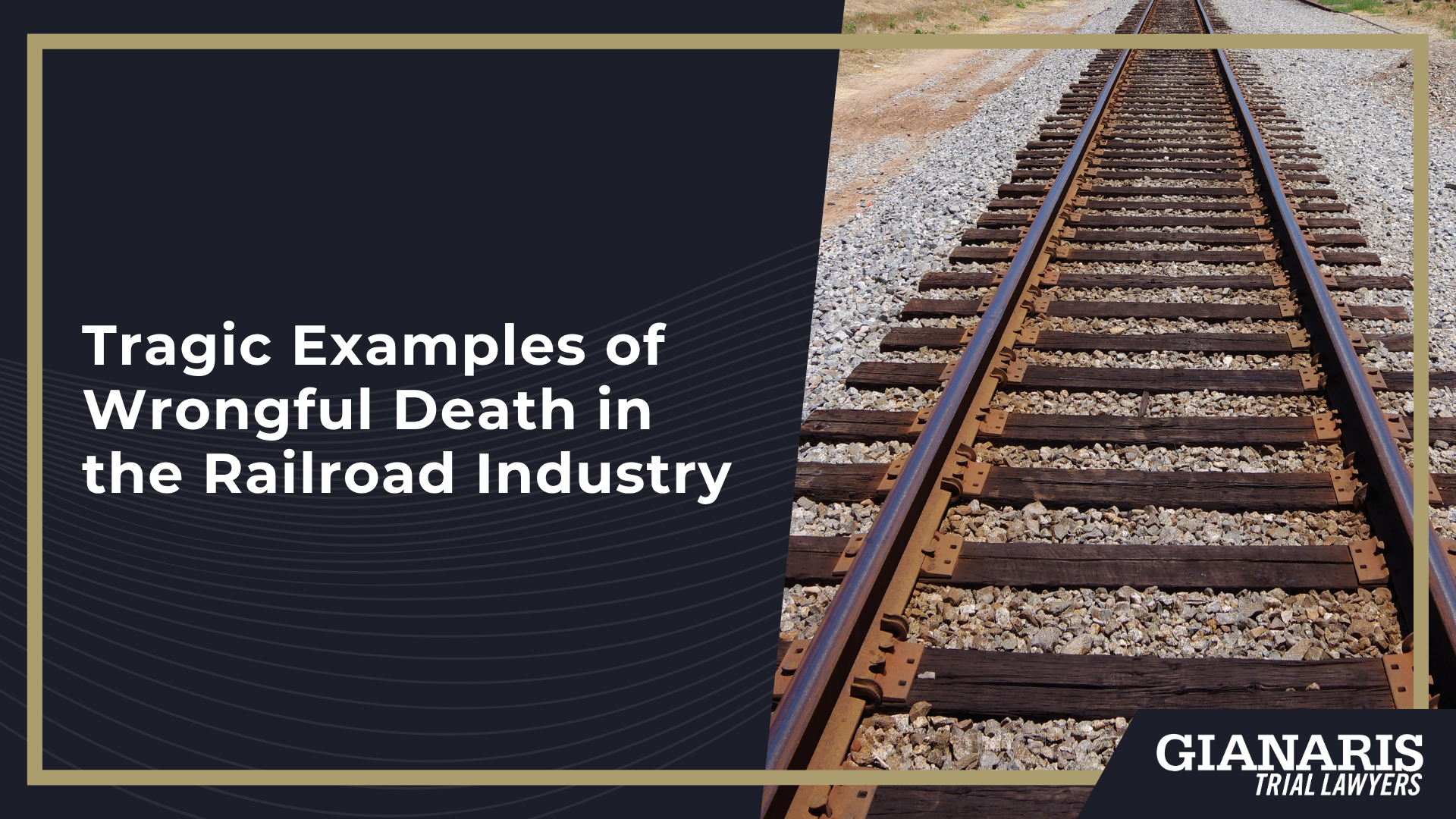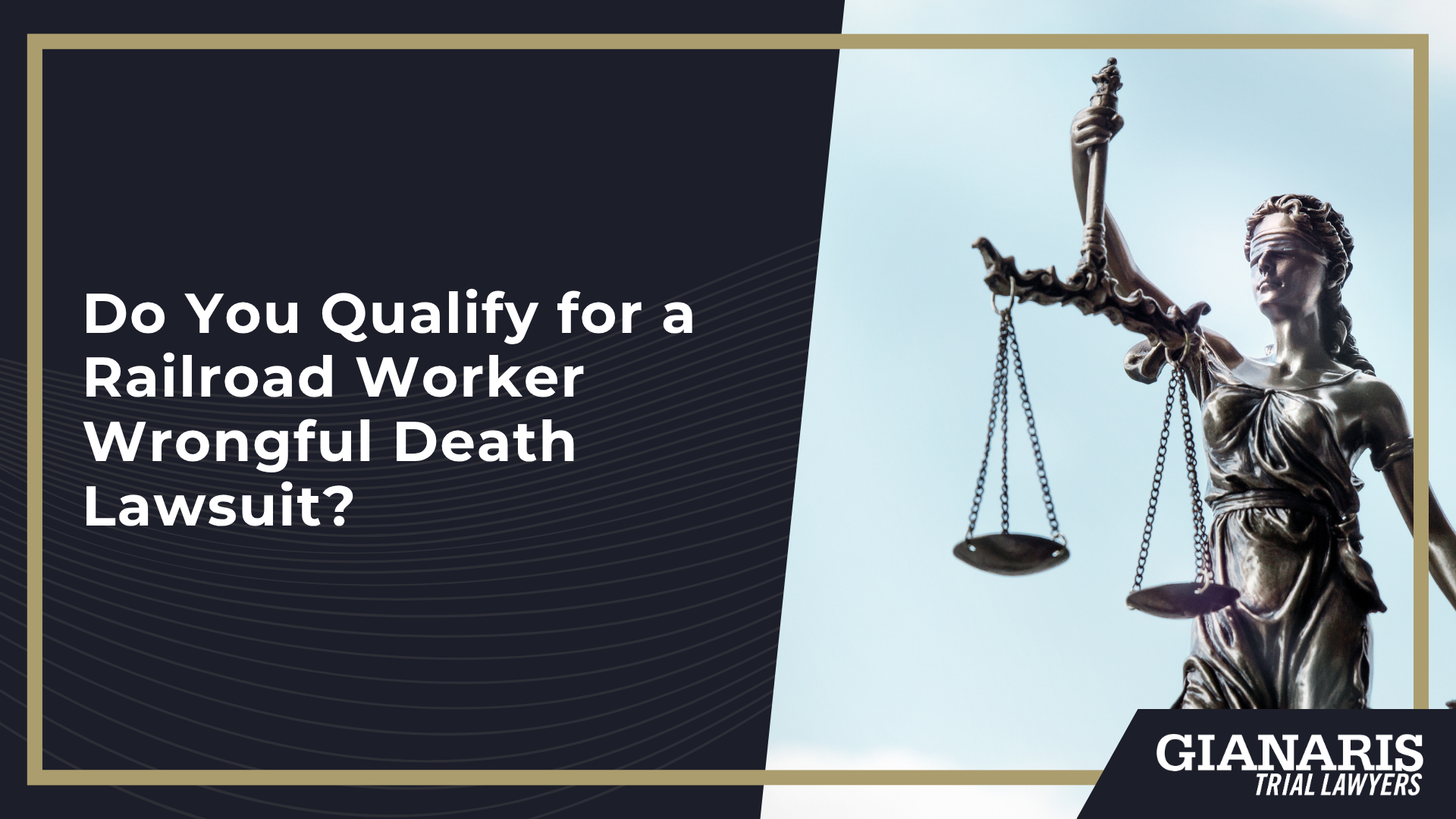The Federal Employers Liability Act (FELA), codified at 45 U.S.C. § 51 et seq., was enacted in 1908 to provide railroad workers and their families with a legal avenue to seek compensation for injuries or deaths resulting from employer negligence.
Unlike traditional workers’ compensation systems, FELA is fault-based, requiring proof that the railroad’s negligence played a role in the injury or death.
This distinction allows for potentially greater recoveries, as it considers the full extent of damages suffered by the worker or their family.
In the unfortunate event of a railroad worker’s death due to employer negligence, FELA permits certain family members to file a wrongful death claim.
The claim must be filed within three years of the worker’s death, as stipulated by 45 U.S.C. § 56.
It’s important to note that the claim is brought by the personal representative of the deceased worker’s estate, acting on behalf of the eligible beneficiaries.
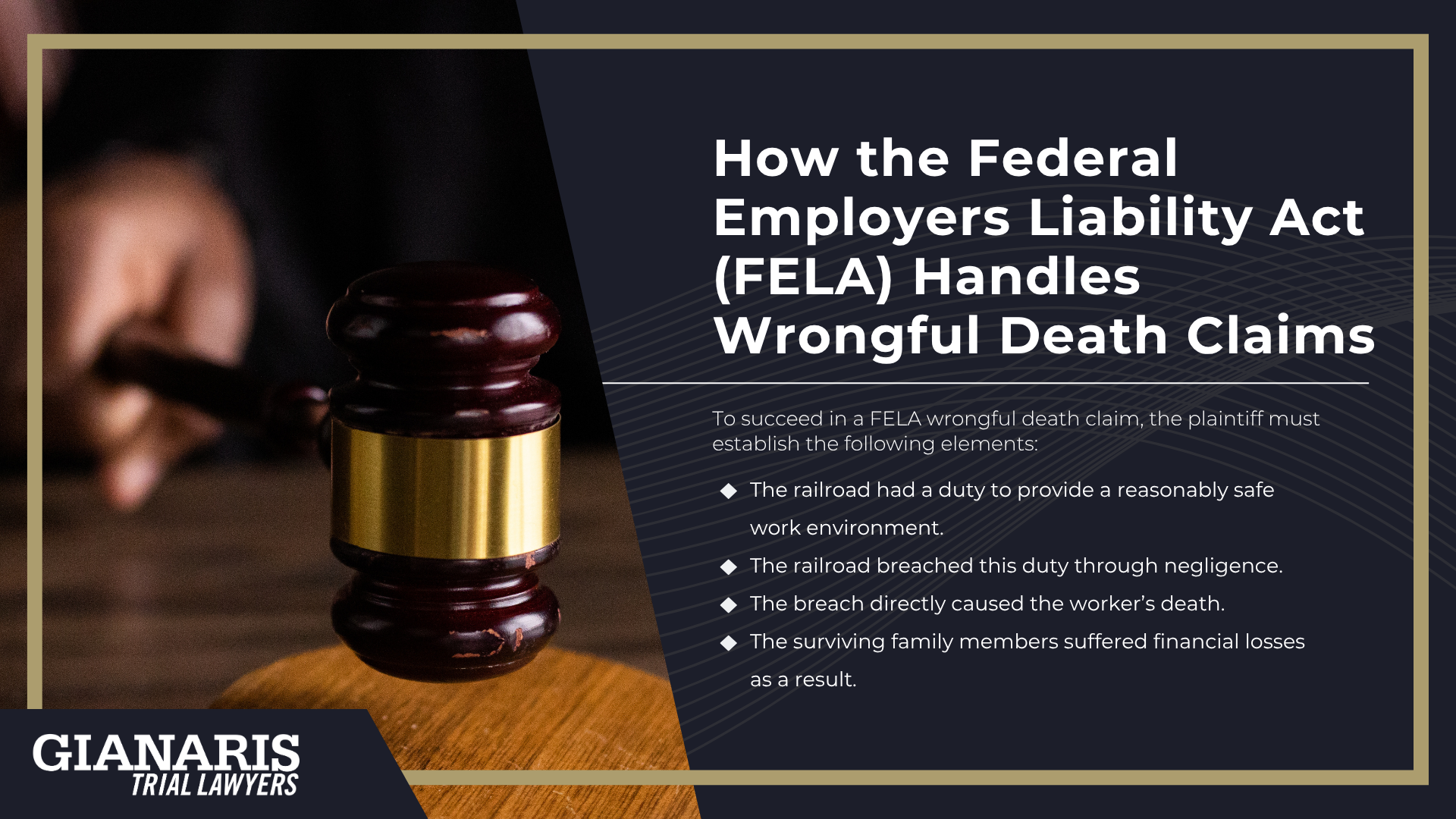
To succeed in a FELA wrongful death claim, the plaintiff must establish the following elements:
- The railroad had a duty to provide a reasonably safe work environment.
- The railroad breached this duty through negligence.
- The breach directly caused the worker’s death.
- The surviving family members suffered financial losses as a result.
Common scenarios leading to such claims include train accidents, exposure to hazardous materials, or failure to adhere to safety regulations enforced by the Federal Railroad Administration.
For instance, inadequate maintenance of freight cars or insufficient training for locomotive engineers can result in fatal incidents.
The National Transportation Safety Board often investigates these accidents to determine underlying causes and recommend safety improvements.
Pursuing a FELA wrongful death claim can be overwhelming and complex for grieving family members.
At Gianaris Trial Lawyers, we are committed to guiding families through this challenging process with empathy and expertise.
Our attorneys work diligently to gather necessary evidence, consult with industry experts, and build a compelling case to hold negligent railroad employers accountable.
We understand the profound impact of such a loss and strive to secure the justice and compensation that families deserve.
Who Can File a FELA Wrongful Death Claim?
Under the Federal Employers Liability Act (FELA), a wrongful death claim must be filed by the personal representative of the deceased railroad worker’s estate.
This representative acts on behalf of the eligible surviving family members who suffered losses due to the death.
The law specifically outlines who can recover damages in the event of a railroad worker’s fatal injury caused by employer negligence.
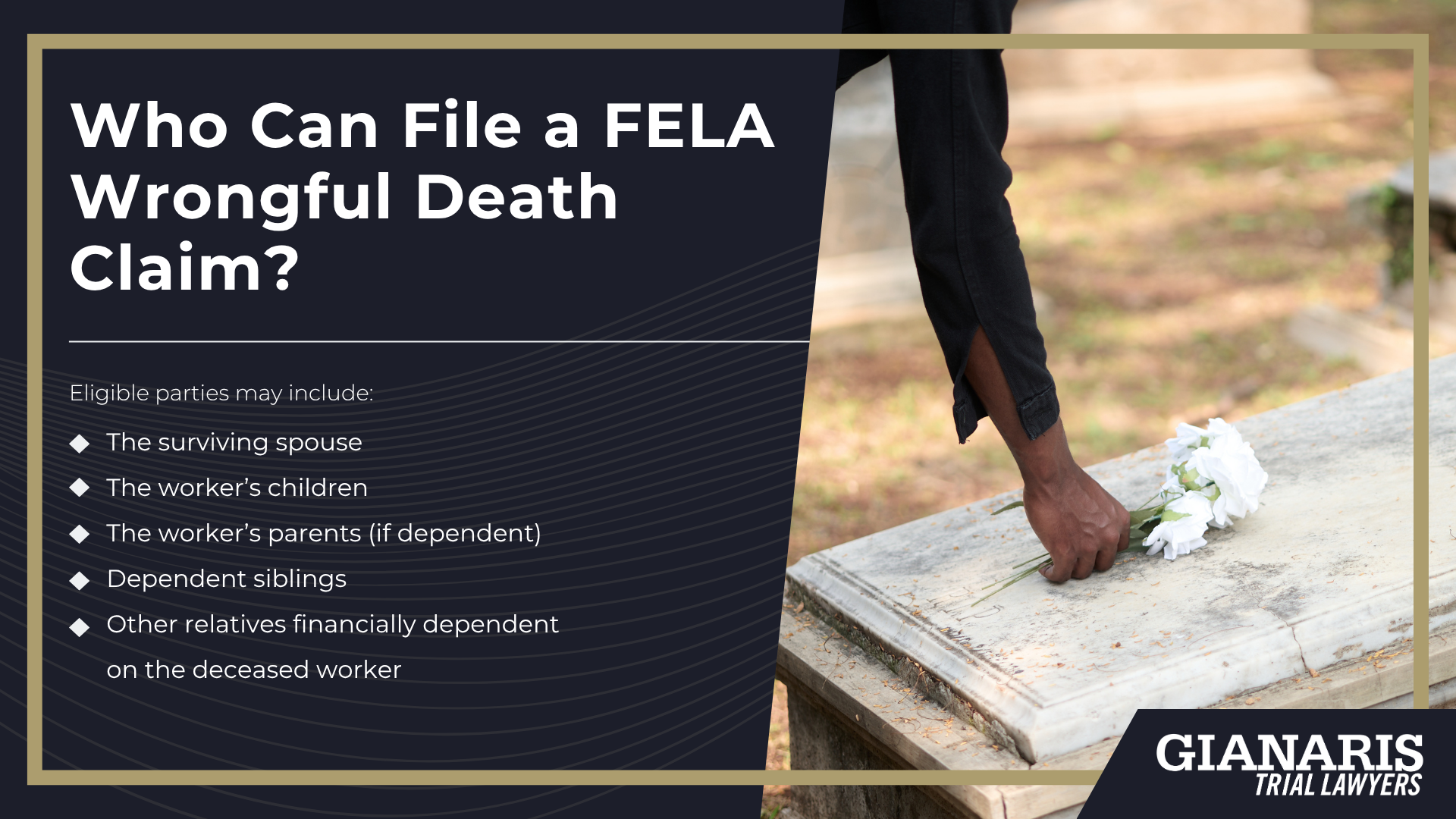
Eligible parties may include:
- The surviving spouse
- The worker’s children
- The worker’s parents (if dependent)
- Dependent siblings
- Other relatives financially dependent on the deceased worker
Each case may vary depending on family structure and state law, but FELA prioritizes dependents and those with financial reliance on the worker.
How Long Do Family Members Have to File a FELA Wrongful Death Claim?
Under the Federal Employers Liability Act (FELA), family members typically have three years from the date of the railroad worker’s death to file a wrongful death claim.
This statutory period applies regardless of whether the claim is filed in state or federal court. When the death results from a singular, identifiable event—such as a train accident, machinery malfunction, or other sudden incident—the three-year clock begins on the date of that incident.
However, in cases involving long-term occupational exposure to hazardous substances like diesel exhaust, asbestos, or benzene, determining the filing deadline can be more complex.
If the cause of death is linked to a latent illness—such as cancer or respiratory disease—the statute of limitations generally begins when the family knew or reasonably should have known that the death was work-related.
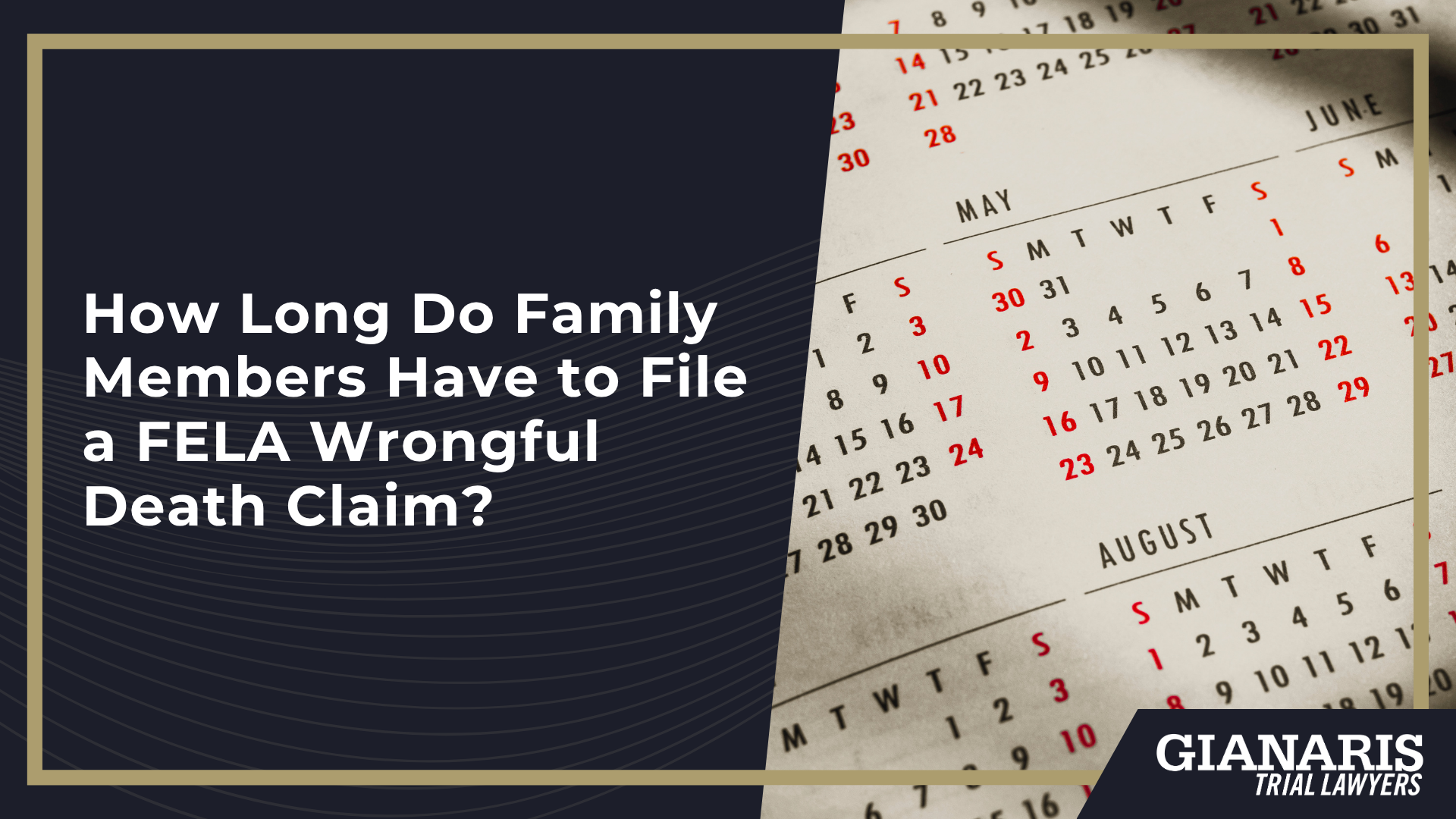
This is known as when the “cause of action accrued,” and it allows some flexibility in cases where the connection between railroad employment and illness is not immediately obvious.
Because this timeline can vary and be challenged by railroad employers, it is crucial to consult a FELA attorney as soon as possible to preserve the right to file.
What Damages Can Be Claimed in a FELA Death Case?
Damages recoverable under a FELA wrongful death claim encompass both economic and non-economic losses.
These may include medical expenses incurred prior to death, funeral and burial costs, loss of the deceased’s expected earnings, and loss of companionship and support.
However, FELA does not permit recovery for the emotional distress of the survivors themselves.
In a successful FELA death case, compensation is meant to reflect the measurable impact of the loss on the surviving family members, particularly those who depended on the deceased for financial and personal support.
The damages must be proven with supporting evidence such as tax records, employment history, and expert testimony on projected earnings.
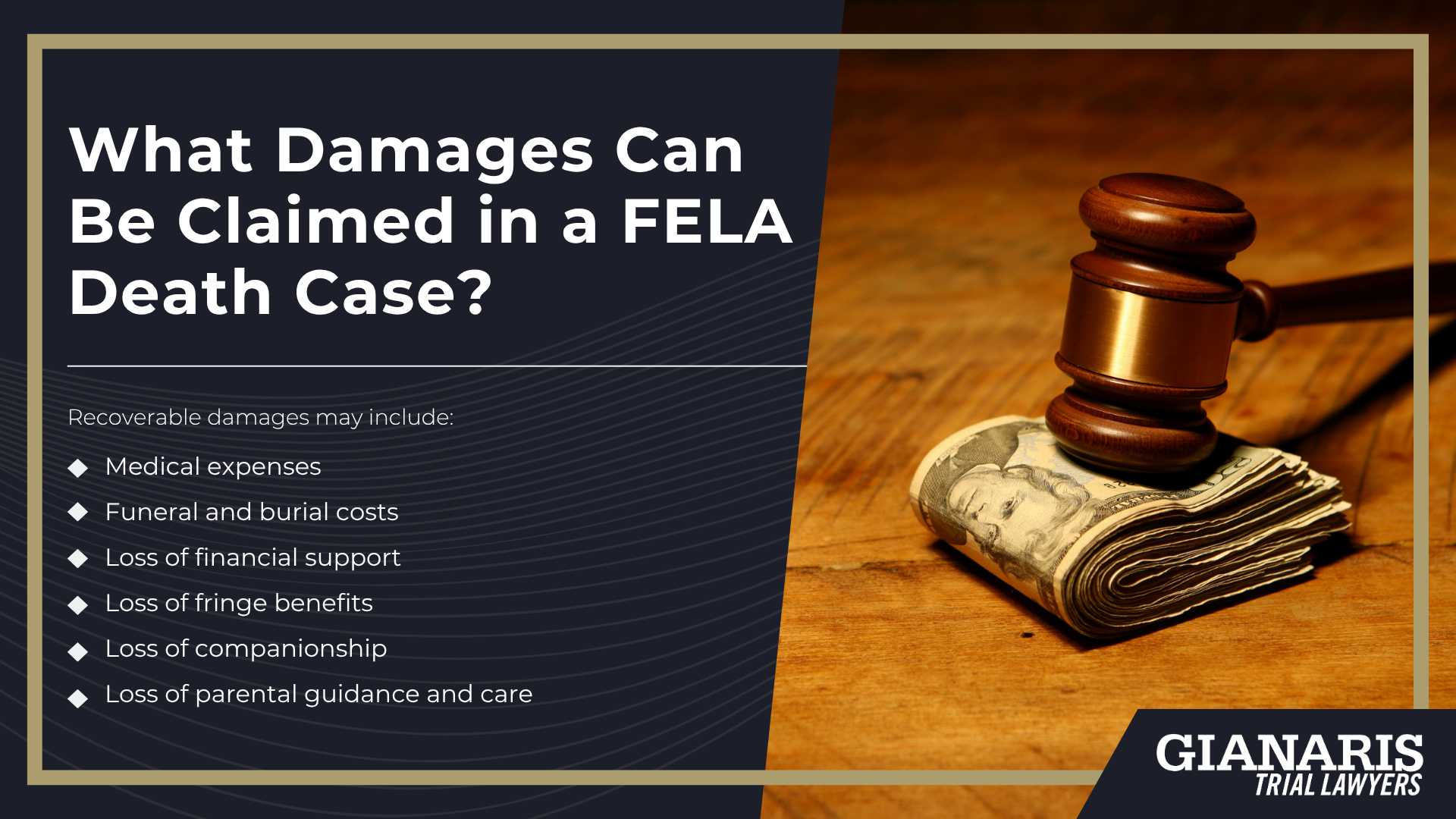
Recoverable damages may include:
- Medical expenses related to treatment prior to death
- Funeral and burial costs
- Loss of financial support based on the deceased’s expected future income
- Loss of fringe benefits, such as retirement or health insurance the worker would have received
- Loss of companionship and household services the deceased would have provided
- Loss of parental guidance and care in cases involving minor children
These damages aim to restore, as much as possible, the financial and relational stability lost due to the worker’s death.


